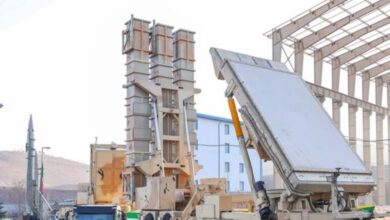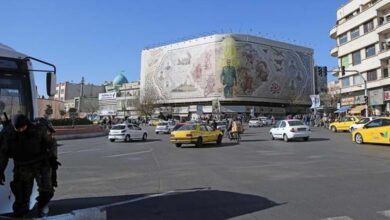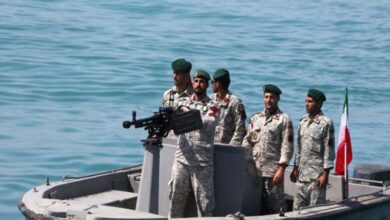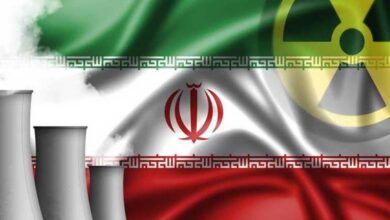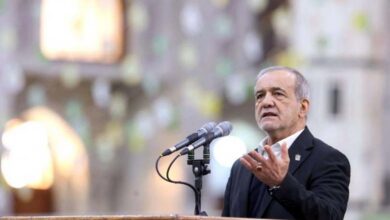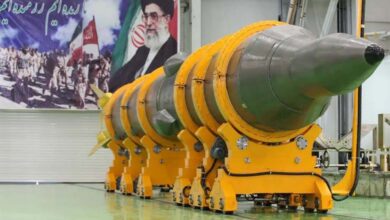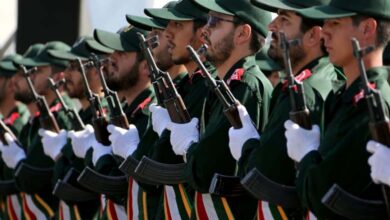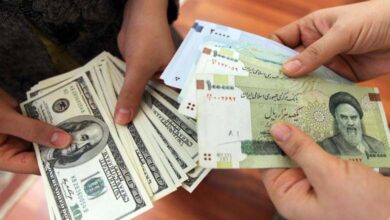Talk of Gaza’s redevelopment sparks controversy in Iran… What are its objectives?
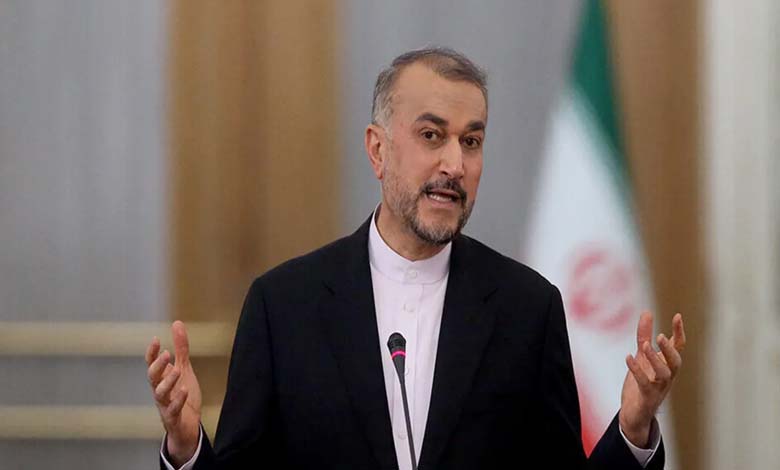
Discussions about the redevelopment of the Gaza Strip have sparked significant controversy in Iran, especially at a time when Iran is facing major economic crises and a decline in living conditions, alongside labor activities demanding improvements.
Iranian parliamentarian Moayyeddine Hosseini criticized the initiative to outline a five-year development plan for Gaza, stating it is the responsibility of Palestinians, not Iranians. He added, ‘We’ve only managed to complete 20% of Iran’s development plan, and now they intend to write the first five-year development plan for Palestine as well,’ as reported by the ‘Iran International’ network.
Another lawmaker from Chabahar mentioned, ‘We need to seek solutions for our country’s problems first; our developmental programs haven’t been implemented properly and have failed to confront existing challenges.’
-
Israel Loses International Support: A British Newspaper Warns of the Continuation of the War in Gaza
Iran’s sixth five-year development plan was supposed to conclude in 2021 but has been extended until mid-2024. However, based on parliamentary research, only 30% of the plan has been implemented so far. After over 18 months of delay, President Ebrahim Raisi recently presented the seventh plan to the parliament earlier this year. Economists described the plan as bureaucratic exercise with no tangible benefits amid comprehensive economic and political instability.
Furthermore, legislators have expressed serious concerns about the economic effects of the plan on the country. Despite several alterations, they found them to be inadequate.
For over a decade, Iranian governments have been unable to implement any meaningful development plans due to sanctions, increasing corruption, and amid international isolation.
The network posed a question: ‘Why is the regime considering assisting in Gaza‘s development when it needs public votes for the upcoming parliamentary elections in March? Conservatives have acknowledged the public’s lack of interest in the Palestinian issue. It continued: ‘While the regime refrains from helping Hamas on the ground through the so-called “Axis of Resistance,” it appears to have two objectives in mind: firstly, to send a message to Palestinians that though Iranians are not offering much assistance presently, they will help in the post-war rebuilding process, and secondly, to signal to others in the region their interest in remaining participants in post-war negotiations and decisions. This notion was reinforced when Iran was asked to participate in the summit held in Saudi Arabia regarding the situation in Gaza.


